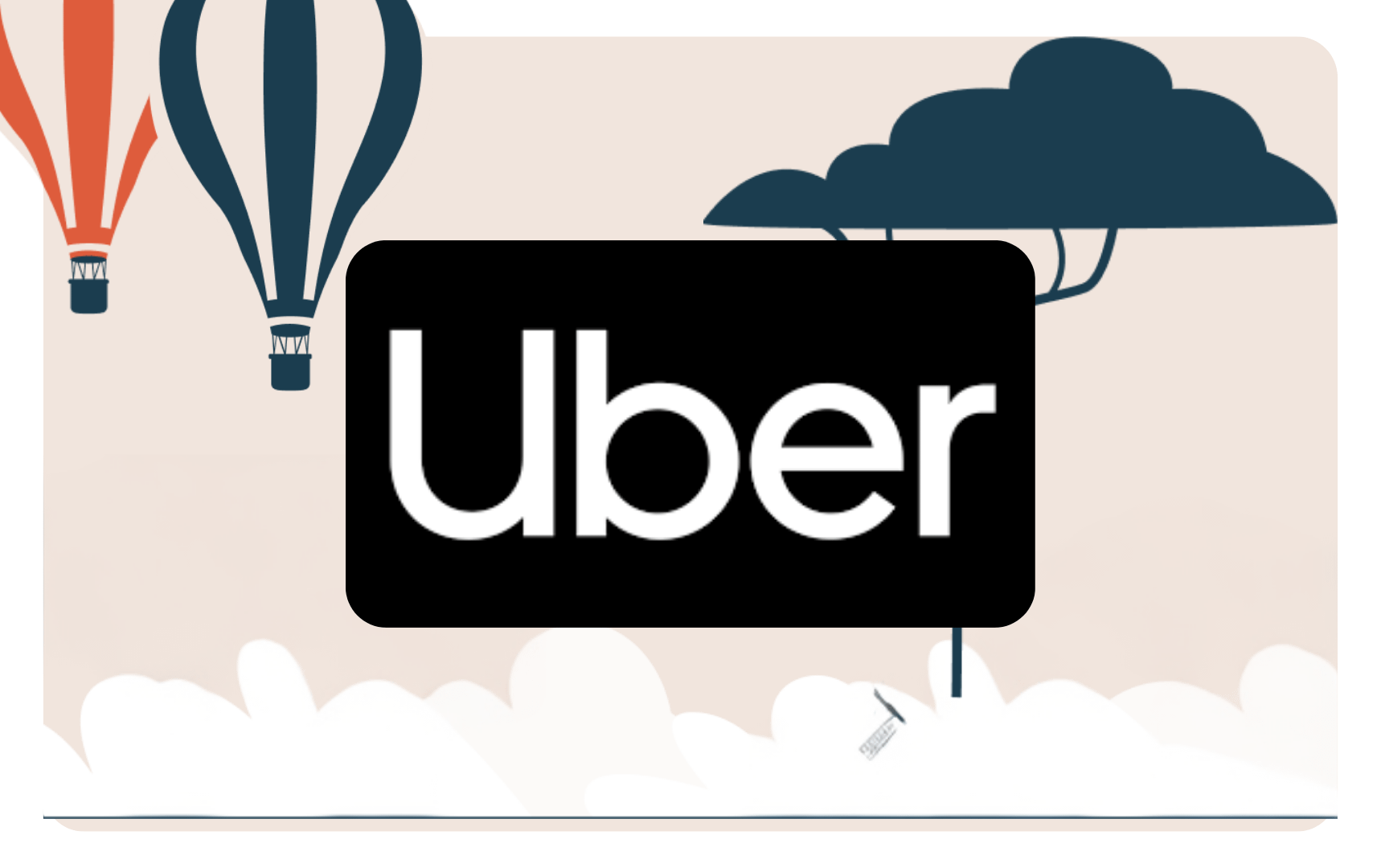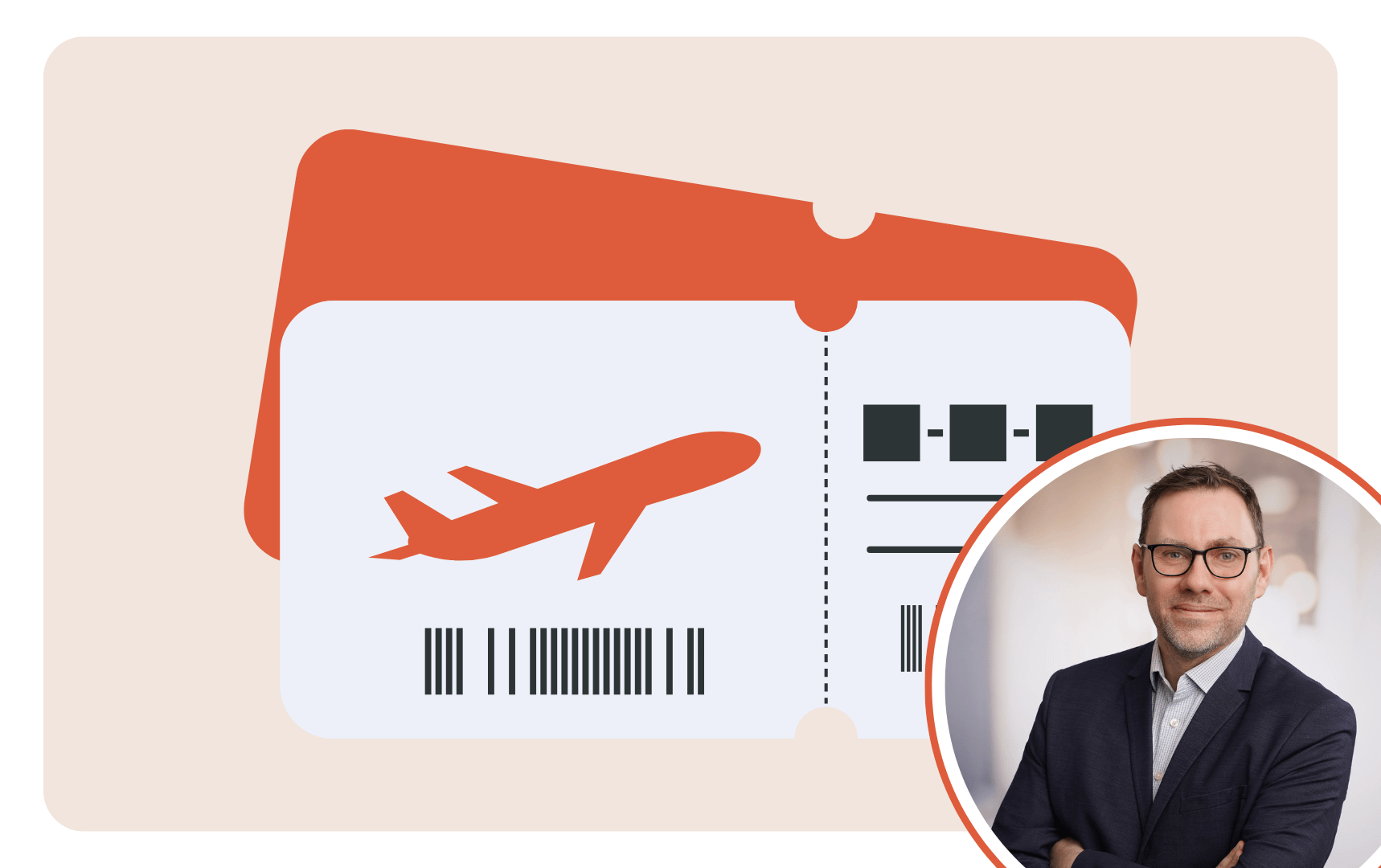Earlier this year, Uber marked its tenth anniversary in Kenya with the launch of Uber Safari, a new on-demand experience allowing users to book day or night game drives in Nairobi National Park directly through the Uber app.
👉 Read Uber’s announcement on Africa.com
It’s a bold move and one that’s generating both excitement and concern across East Africa’s tourism sector.
A New Era of “On-Demand” Safari
For travellers, Uber Safari promises convenience. Bookings are made through the same familiar app used to order rides or food deliveries. Guests can select from curated experiences, choose between day or night drives, and be collected in safari-ready vehicles operated by licensed guides.
On the surface, it’s a clever evolution of the sharing-economy model. It lowers the barrier for spontaneous travellers and brings modern booking expectations of speed, simplicity and transparency into a traditionally slow-moving sector.
But it also raises an important question: what happens when tech giants enter one of Africa’s most experience-driven and community-dependent industries?
The Safari Sector Reacts
Reactions have been mixed.
Some see Uber’s move as an opportunity to draw more travellers into safari experiences, particularly short-stay visitors who might otherwise skip them. By making it as easy as booking a taxi, Uber could increase exposure for Kenya’s national parks and local guides.
Others, however, worry about what this might mean for local tour operators and DMCs who’ve spent years building deep, personal expertise in bespoke safari travel. As one operator quoted by The Times noted, “Safari isn’t just a ride, it’s storytelling, safety, and sustainability.”
The concern isn’t competition per se, it’s commoditisation. When every experience becomes “on-demand,” it risks losing the craftsmanship and connection that make safaris so special.
The Bigger Picture: Technology Is Reshaping Safari
Regardless of where you stand on Uber Safari, one thing is clear: technology is reshaping the safari industry faster than ever.
Travellers now expect instant quotes, live availability, and seamless communication. They don’t distinguish between a taxi app and a safari operator, they simply expect both to deliver the same speed and reliability.
This trend isn’t limited to Kenya. Across Africa, digital platforms are emerging to simplify complex booking processes for accommodation, transport, and experiences.
What This Means for Safari Operators
For established safari operators, Uber Safari isn’t a threat, it’s a signal. It shows how far consumer expectations have shifted. Travellers want immediate answers, transparent pricing, and professional presentation.
That doesn’t mean the traditional model is outdated. In fact, it highlights the value of trusted operators who combine technology with deep local expertise. The opportunity now lies in blending the best of both worlds, digital efficiency and authentic, personalised service.
Platforms like EasyOTA were created with exactly this in mind. By helping safari businesses generate quotes in minutes, present polished itineraries, and manage live availability, technology becomes an enabler — not a replacement — for the human touch.
A Turning Point for the Safari Industry
Uber’s entrance into the safari market marks a turning point. It challenges operators, DMCs, lodges, and experience providers to rethink how we serve travellers in a digital-first world.
The heart of safari will always be human. But the way travellers find, book, and experience it is changing. The question isn’t whether technology belongs in safari, it’s how we, as an industry, choose to use it.
👉 Book a demo to see how we support success in our partners.




